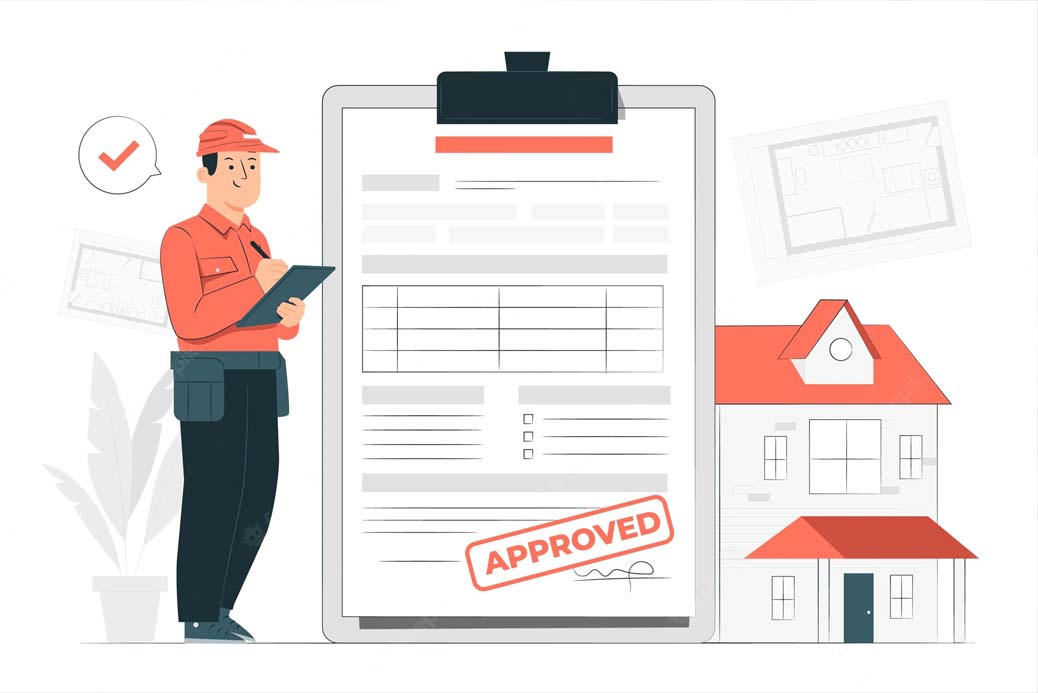
Work Permit
Canada is ranked in top ten economies in the world. It offers different opportunities to work in Canada. Due to which many people are interested to work here temporarily. Foreign Workers will not only work here and support their families back in their home countries but also can pave their way for Permanent residency here (some conditions applies).
As discussed, A TEER category is defined by the amount and type of training and education required to enter and perform the duties of an occupation. It also takes into consideration the experience required and the complexity of responsibilities involved in the work. Each TEER category reflects commonly accepted paths to employment in an occupation.
According to the NOC 2021 Version 1.0 TEER categories the NOC code will be of 2 and 5 digits and those digits will have a role in explain the job title.
Nomenclature and number of categories within each level of NOC 2021 Version 1.0
| Level | Coding | Number of categories |
| Broad Category | 1-digit and first digit of all codes | 10 |
| TEER | Second-digit of all codes | 6 |
| Major Group | 2-digit representing the broad category code and the TEER code | 45 |
| Sub-major Group | 3-digit | 89 |
| Minor Group | 4-digit | 162 |
| Unit Group | 5-digit | 516 |
The Standard NOC 2021 Version 1.0 classification structure
SOON MORE UPDATES WILL BE UPLOADED ONCE THEY ARE FINALISED BY GOVERNMENT
| Title of Hierarchy | Format | Digit | Represents |
| Broad Category | X | X- First Digit | Occupational categorization |
| Major Group | XX | XX – Second Digit | TEER categorization |
| Sub-major Group | XXX | XXX | Top level of the Sub-Major Group |
| Minor Group | XXXX | XXXX | Hierarchy within the Sub-Major Group |
| Unit Group | XXXXX | XXXXX | Hierarchy within the Minor Group |
- NOC Skill Type 0 – Managerial jobs- example- restaurant managers, mine managers, shore captains (fishing) and more
- NOC Skill Level A – Professional jobs (University degree)- examples- doctors, dentists, architects and more
- NOC Skill Level B – Technical jobs ( college diploma) – example – chefs, plumbers, electricians and more
- NOC Skill Level C – Intermediate jobs ( high school and/or trainings) example – industrial butchers, long-haul truck drivers, food and beverage servers, and more
- NOC Skill Level D – Labour jobs ( on job training) examples- fruit pickers, cleaning staff, oil field workers and more
NOC Skill type 0, A or B are know as Skilled Jobs .
All these TEER categories or skill levels have different eligibility criteria. But the factors which should be met to the minimum requirements by the applicant are but not limited to :
- Age
- Education
- Past work experience
- A valid job offer/ LMIA
- English and/or French language skills
- The requirements and eligibility criteria vary for all job titles
Once you know you NOC code and Skill level, to be hired as a foreign worker, applicant should get a job offer along with a positive LMIA from a Canadian employer. You may search for jobs online through Websites, like Indeed, Job bank, or by cold calling or contact any Recruitment agencies . This LMIA is a whole separate process that need to be done by the employer only. After you getting a LMIA applicant can apply for a Work permit to work in Canada. This whole process could be expensive, time consuming and likely to be rejected at any time and level of the process
- If you wish to move to Canada through any Work permit , you should fill out our free assessment form or book a consultation session to assess your potential opportunities and advise you the best immigration pathway for you. There might be a initial consultation fees applicable. Being a certified Immigration Consultants in Canada, I can help choose an appropriate program to come to Canada. You may come to Canada only by meeting minimum criteria for these programs. I will complete your entire application package for you, handle all correspondence with Citizenship and Immigration Canada (CIC) and keep you informed throughout the entire process.
Disclaimer:
Information provided in this article is only as of a general ground. It could be no longer valid. It does not give legal advice, nor should you rely on it as legal advice. If you have specific legal questions, you should consult a Regulated Canadian immigration consultant or lawyer. If you are looking for immigration advice, you should book an appointment at your earliest convenience.
